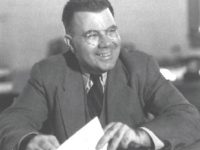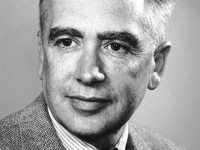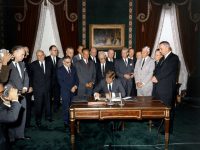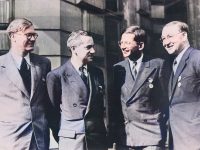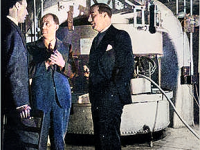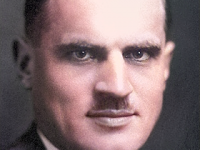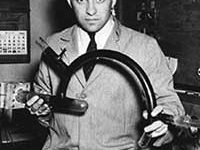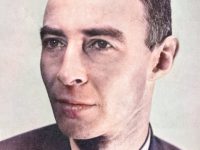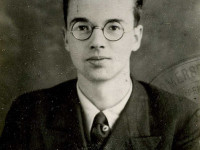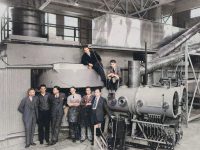Edward Condon – Pioneer in Quantum Mechanics – SciHi Blog
On March 2, 1902, American nuclear physicist Edward Uhler Condon was born. Condon was a pioneer in quantum mechanics and a participant in the development of radar and nuclear weapons during World War II as part of the Manhattan Project. The Franck–Condon principle and the Slater–Condon rules are co-named after him. “I have lost a good deal of sleep trying to figure out how you could have talked this way about a…
Read more

